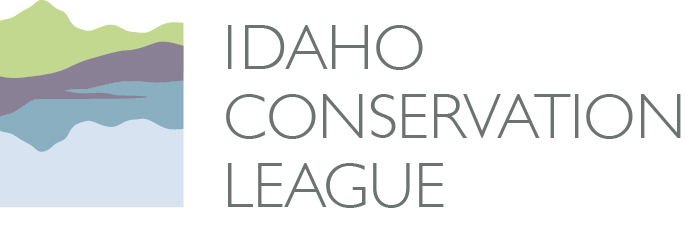Contacts: Brad Smith, North Idaho Director, (208) 345-6933 x 303 and Scott Ki, Communications Associate, (208) 345-6933 x 114.
SANDPOINT, ID – The Montana Board of Environmental Review decided today to approve new limits on selenium pollution in Lake Koocanusa and the Kootenai River, which will also benefit water quality and fish in Idaho.
The Idaho Conservation Leagues supports the Montana board’s decision to curb upstream sources of selenium pollution before it takes a devastating toll on fish downstream in Idaho’s Kootenai River. The new limits were developed by the Montana Department of Environmental Quality and are based on six years of data collection and scientific study.
“We thank the members of the Montana Board of Environmental Review who approved these safeguards for water quality and fish in Lake Koocanusa and the Kootenai River. We also thank the many advocates in Idaho, Montana, and British Columbia who appealed to Montana environmental officials for these new limits,” said Brad Smith, ICL’s North Idaho director.
“Already we have seen alarming signs in Idaho with concentrations of selenium in the bodies of mountain whitefish in the Kootenai River exceeding EPA health thresholds. We urge our friends and neighbors up north in Canada to enforce these limits as well.”
Selenium pollution has been on the rise in these waterways since the mid-1980s. The pollution is caused by large mountaintop removal coal mines in the Elk River Valley of southeast British Columbia. The pollution flows downstream into Lake Koocanusa and ultimately, the Kootenai River in Idaho. Selenium pollution can lead to fish deformities, reproductive failure, and population crashes, as it has in the Fording River near the coal mines.
A treaty between the United States and Canada provides that water quality standards approved in the U.S. can be enforced north of the border. Approval of the new selenium pollution limits is timely. Teck Coal is seeking approval from the Province of British Columbia to expand one of its Elk River Valley mines. If approved, the Fording River Mine would be the largest coal mine in Canada.
###
The Idaho Conservation League works to ensure that mining activities don’t threaten human health, special places, fish and wildlife, or Idaho’s clean water. ICL scrutinizes proposed new mines, improves those that are acceptable, and fights those that are not in Idaho’s best interests.

